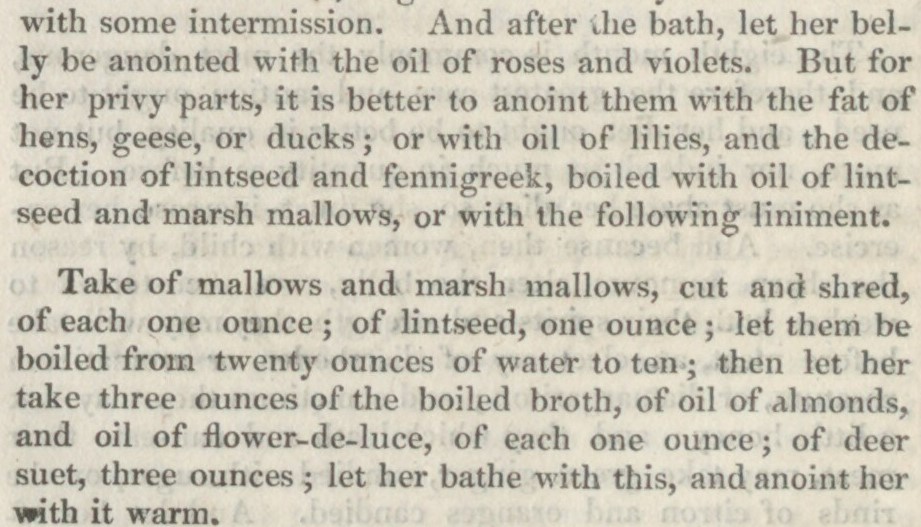Today we’re celebrating Midwifery Day with a look at its earliest bestseller.
Just about 200 years ago, this book was published:

Aristotle and midwifery – what’s that all about? And who was Culpeper?
Let me take you right back to the 17th century where this story begins. At that time and well beyond, midwifery was considered women’s work and as such it was below the radar of a proper physician. Along comes the physician and astronomer Nicholas Culpeper (1616-1654). He is most famous for his book on herbal medicine, The English physitian from 1652. This has seen over 100 editions. But Culpeper was also a married man with a wife who had numerous stillbirths, and he was determined to get to the bottom of this tragedy.
The result was A directory for midvvives or, a guide for women, in their conception, bearing, and suckling their children, published in 1651. It deals with the female anatomy, hygiene and child care rather than details of the delivery of babies. The Royal College of Physicians tried to discredit it, seeing as obstetrics was not part of the learned physicians’ proper work. Nevertheless, the Directory ran to 17 editions.
Not only that, but Culpeper’s work inspired a profusion of similar publications, all of which were inspired by its success and tried to reproduce it. One of those works, by an anonymous author, was Aristotle’s masterpiece. First published in 1684, there were three versions which between them saw over 100 editions.
The reason why it’s falsely attributed to the Greek philosopher Aristotle is that he had written about the reproduction of animals and was generally considered an authority in scientific matters. No doubt his name also looked good on a title page!
And now to our book Aristotle redivivus: this is a 19th-century edition of Aristotle’s compleat and experienc’d midwife, which was first published in 1700. Ours is the 13th edition, and the title has changed to Aristotle redivivus, ‘Aristotle recyled’. In this way it indicates that the attribution to Aristotle is fictitious. The long title also acknowledges Nicholas Culpeper’s original authorship of this earliest book on obstetrics: the definite bestseller about midwifery.
Here is an extract concerning the ninth month of pregnancy:

You can read the complete book on our Digital Gallery
You can find out more about Nicholas Culpeper in the Oxford DNB. Access to the article requires Library membership, which you can easily get at auth.nls.uk/join/. Some digital resources are only available to those with a main address in Scotland as part of our licensing agreements with publishers.
For more information on Culpeper and his contribution to midwifery, see Journal of the Royal Society of Medicine 87, September 1994
For more digitised texts about medical matters, go to Antiquarian Books in Scotland on our Digital Gallery.